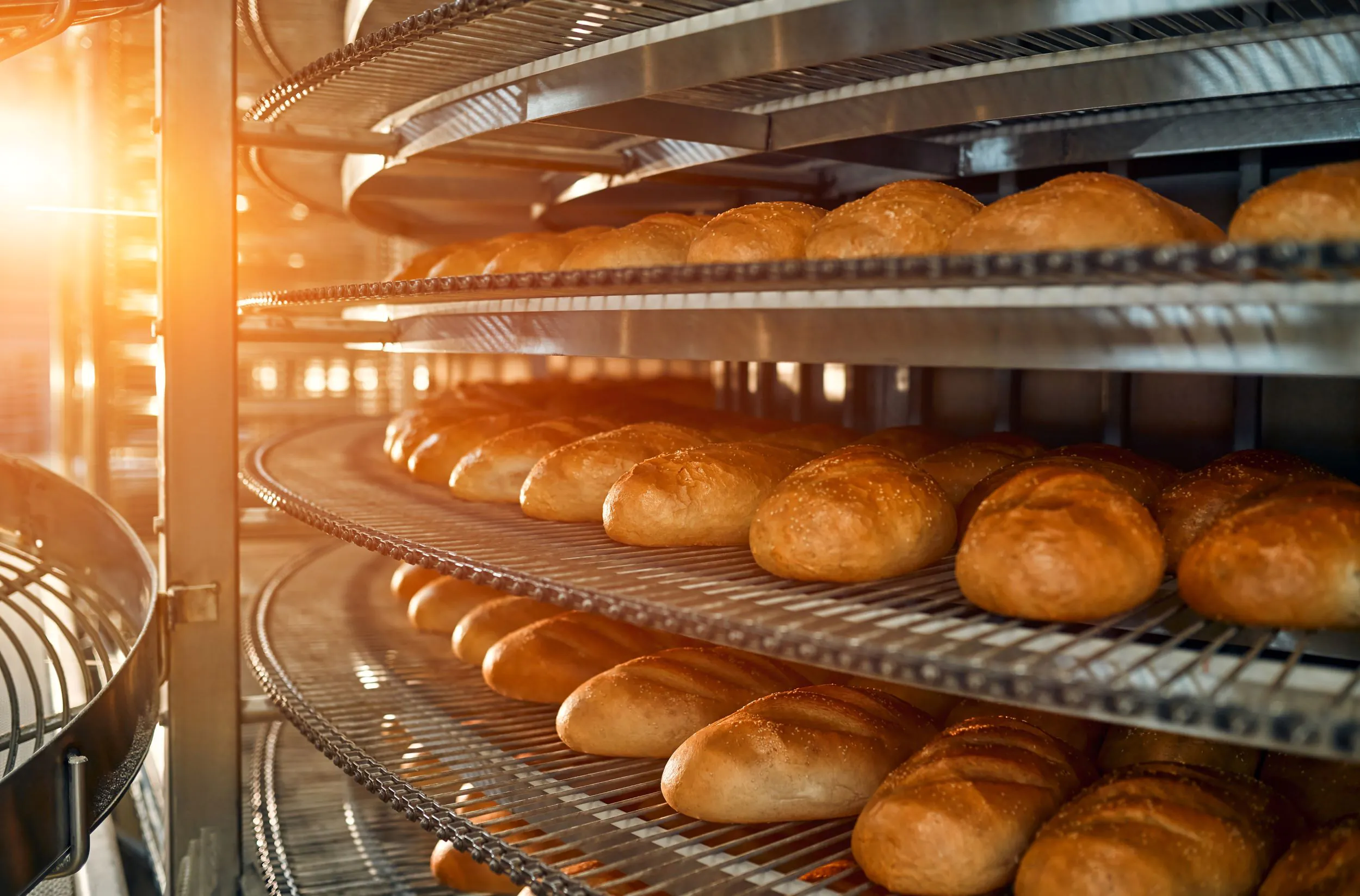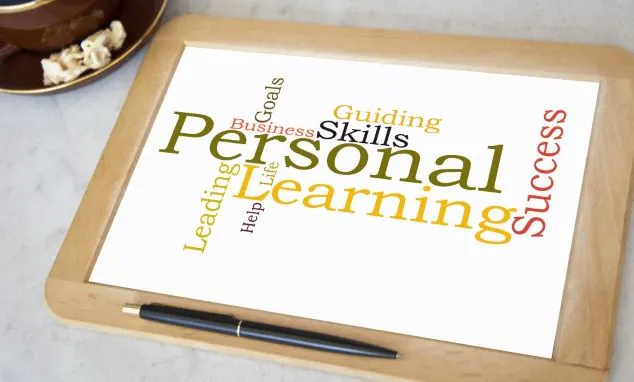The COVID-19 pandemic has had a significant impact on companies in the bakery industry, from large-scale international suppliers to small business retailers. Supply chain instability, fluctuating demand, and changing consumer behavior forced companies to evolve and upgrade their technology in order to stay in business. But while automation has been a growing presence in the global bakery industry for some time now, the equipment isn’t the only thing that bakeries are upgrading. From planning to baking to fulfillment and delivery, here’s how technology is helping drive growth for bakeries.
VR in the Bakery Industry
Baked goods may not be your first association when it comes to virtual reality, but the technology can be a useful planning tool when it comes to designing a new space. Efficiency and safety are important considerations for a bakery, whether it’s a small operation in tight quarters or a large industrial setup. VR tools help designers visualize how workers will move through a space and interact with it, making it easier to detect bottlenecks and awkward placements. Designing around these aspects early in the project can result in a safe workspace that is easy to maneuver in, improving efficiency for the company.
Administration Automation
The bakery industry is facing a significant labor shortage, making it important to streamline processes wherever possible. One way bakeries are doing this is digitalization. The pandemic pushed a substantial amount of in-person business onto the internet, both for retail transactions with customers as well as B2B meetings and orders for manufacturers and other suppliers. This meant that many companies needed to adapt their existing order solutions or implement new ones altogether in order to process and fill these orders efficiently. Online sales have been a boon to businesses during times when consumers and companies were unable or unwilling to shop in person, but without the right systems in place they could be overwhelming.
The need to meet unprecedented levels of online orders therefore helped drive the move to digitalization within the bakery industry, leading to setups that continue to benefit companies even when shoppers are visiting retail locations again. And more efficient setups mean that fewer staff are needed to perform repetitive administrative tasks, helping businesses deal with the labor shortage and reducing the errors that tend to come with manually performing data entry and other tasks.
Baking Innovations
Automation is becoming increasingly common in the baking process itself as well, and the difficulty in finding enough workers in the bakery industry is helping drive more businesses to adopt it. Some bakeries have resisted introducing automation due to its cost, but the ability to implement it in stages can offset those costs, and the technology’s scalability and customizability allows room for future expansions as well.
Automated Decoration
Some bakeries have adopted autonomous systems for the topping and decoration of items such as cakes, buns, and other products with designs that would typically be done by hand. These systems are capable of executing complex designs faster and with greater accuracy than a human could, saving the bakery time and labor as well as reducing the amount of waste produced. Sensors, PLC controls, and the right software work together to finish items on high-speed lines.
These systems can also incorporate digital imaging technology along with AI and machine learning in order to improve efficiency, as well as provide images for quality control, allowing for the detection and tracking of quality issues and decreasing waste.
Precision Glazing
While less complex than decorating baked goods, glazing still requires accuracy and control to be done well and to minimize the amount and frequency of cleaning needed. Many of the glaze types used in various baked goods can result in sticky surfaces across nearby machinery and other items. With automated spray applicators, parameters can be dialed in to minimize both waste and mess, and some machines come equipped with systems to collect the mist created during the glazing process to prevent it from settling on inconvenient surfaces. A system that makes use of sensors can also reduce waste and excessive mist by targeting each item individually rather than blanketing an entire area.
BreadBot in Action
Developed by Wilkinson Baking Company, the BreadBot is designed to meet the production needs of grocery stores in terms of quantity and freshness by automating the process of mixing, shaping, and baking bread. The machine can be programmed to start automatically at a specific time of day, allowing for the store to have fresh bread available as soon as it opens without humans needing to get to work well ahead of time. BreadBot can adjust its production levels throughout the day in order to meet inventory needs and will “ask” for attention when human intervention is needed, allowing workers to focus on other tasks without having to constantly monitor its operations. It’s also able to automatically start the cleaning process at the end of the day.
BreadBot saw its first commercial deployment in summer of 2022 after several years of pilots in a number of grocery stores.
Smart Delivery Solutions
Over the course of the pandemic, delivery became a more important channel than ever before. While many people have returned to shopping in person, the convenience of delivery is still highly popular, and consumers expect to have that option available to them. However, sustainability is also becoming a growing concern among consumers, as well as on municipal and national levels. This means that having an environmentally friendly delivery solution is becoming a priority for many businesses.
Faction Technology is one business that’s capitalizing on this demand. The driverless technology company is bringing delivery solutions to the San Francisco Bay Area using lightweight driverless electric vehicles to serve bakery customers and other clients. The company’s autonomous EVs have remote human operators to help ensure accuracy and safety when on deliveries.
Drone delivery is also becoming increasingly common in many areas, offering a more efficient and less expensive option for bakeries and other businesses. This type of delivery can fill the same niche as delivery services such as Instacart and DoorDash, offering speedy service for products such as groceries and meals, along with a range of other goods.



